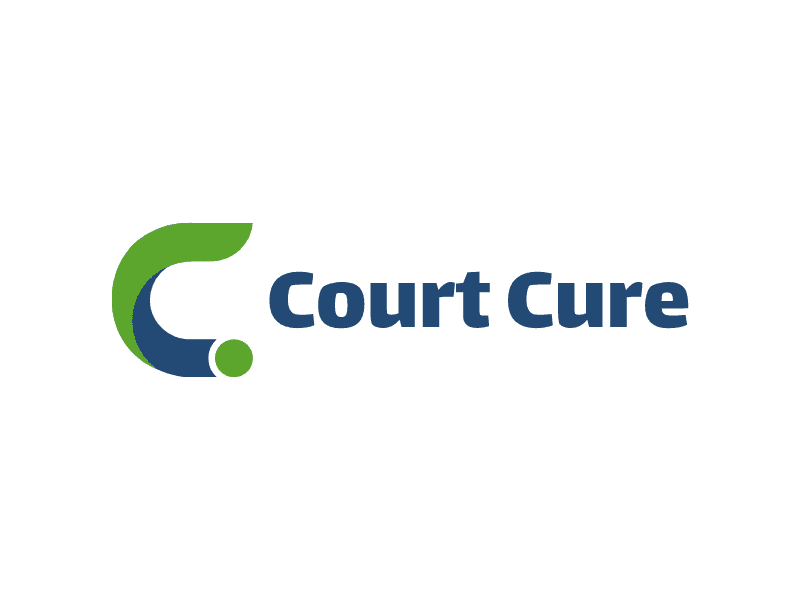Current Status
Price
Get Started
Module 1 introduces foundational knowledge about substance use and abuse. Drawing on public data from SAMHSA, NIDA, CDC, NHTSA, and BJS, these lessons explain how addiction develops, how societies have responded over time, and why courts use education to prevent recurrence and protect public safety.
Module 2 focuses on alcohol—its pharmacology, short- and long-term effects, and the public-safety issues that led courts nationwide to require alcohol-education programs for offenders.
Module 3 surveys the major classes of drugs encountered in court cases and public-health data. It covers pharmacology, health effects, overdose trends, and national response strategies.
Module 4 explores the relationship between substance use and mental health. Using data from SAMHSA, NIDA, CDC, and NIH, these lessons explain how depression, anxiety, trauma, and stress disorders interact with addiction and how integrated treatment improves recovery and public safety outcomes.
Module 5 explains how alcohol- and drug-related offenses are prosecuted and monitored across the United States. It details DUI/DWI laws, license sanctions, probation systems, and data-sharing compacts that link every state. Sources include NHTSA, BJS, NIJ, and the American Association of Motor Vehicle Administrators (AAMVA).
Module 6 focuses on recovery science—how people change, why relapse happens, and which supports make sobriety sustainable. These lessons use research from SAMHSA, NIDA, NIH, WHO, and CDC to explain recovery as a structured, evidence-based process rather than an act of willpower.
Module 7 focuses on lasting accountability, civic responsibility, and the role of community in sustaining recovery. Drawing from DOJ, CDC, SAMHSA, and NIJ research, these lessons describe how individuals in recovery contribute to safer, healthier communities while protecting their own progress.

